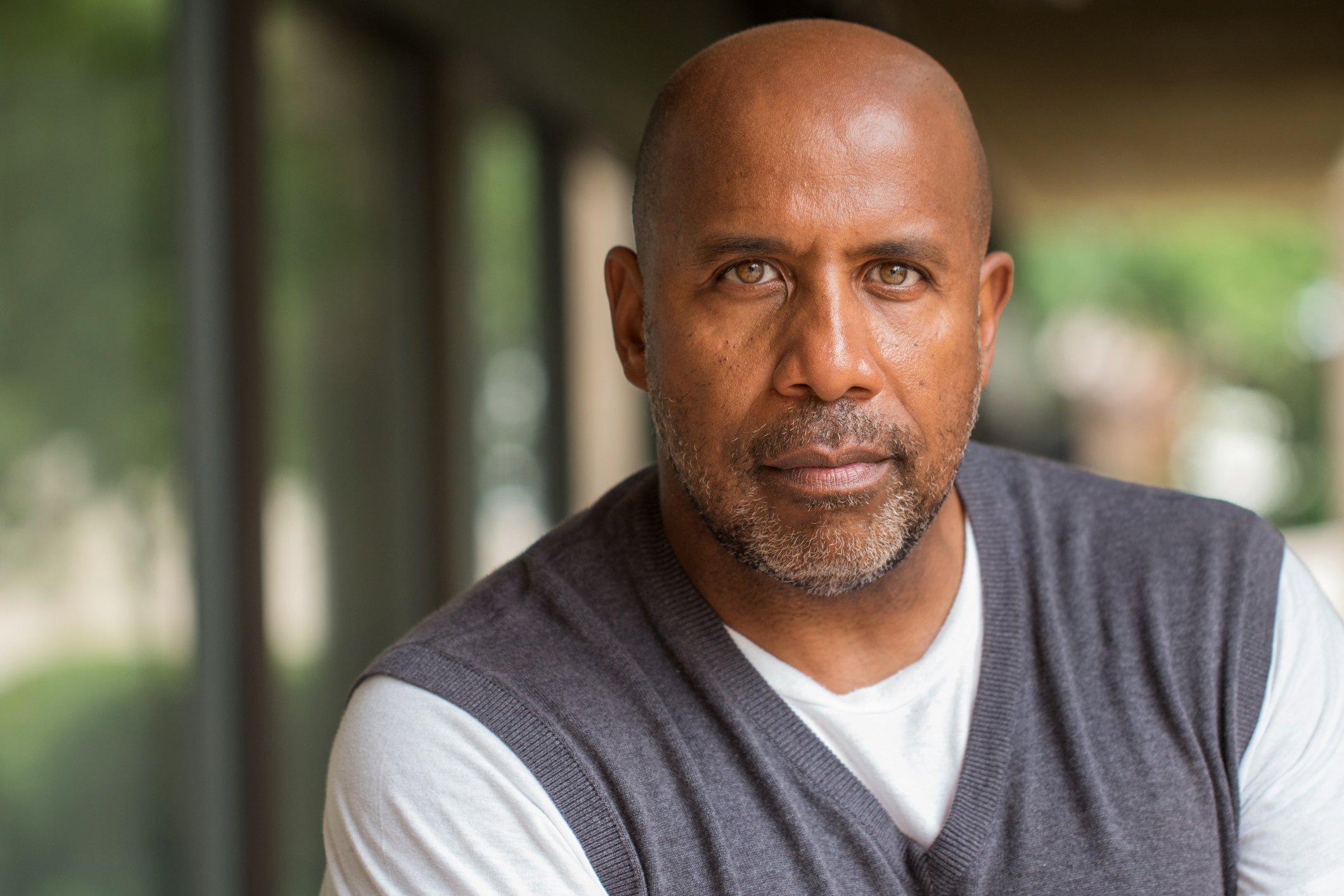There is plenty of evidence to refute the idea that people experience their greatest sense of happiness, joy, self-esteem and satisfaction with life while they are young, but newer research suggests that adults are happiest at around age 60. Something to look forward to? You bet!
It makes sense that while young adults enjoy many joyous firsts in life; first love, first real job, first-born child, this time in life can also bring many stresses. And while pursuing a higher education or career, raising a family and tending to new relationships are all important goals, younger and middle-aged adults can be stretched thin with not enough time or security to enjoy it all. But in older age, adults are less worried about tomorrow and more inclined to focus on today.
Older adults are also more likely to be stable; in their relationships, their finances and in their own skin. According to research, published in the American Psychological Association Journal, self-esteem continues to increase in middle adulthood and peaks between the ages of 60 and 70. Older people have had time to reach a place of self-acceptance and generally hold a positive attitude about themselves as compared with earlier in life. Seniors also report depression, anxiety and stress less often than their younger counterparts. With age comes the ability to see things from a greater perspective and worry less about everyday problems.
While the emotional ups and downs may level off in older age, adults over the age of 60 often find their sense of happiness and well-being in feeling peaceful and more able to connect with people, to enjoy the moment rather than seeking excitement in what comes next. Older adults have learned from experience and are more content with simple joys and meaningful relationships than with the next party or new love interest. In addition to life experience, changes in the aging brain may also account for the ability of older adults to roll with stresses of daily life. Research out of the University of California in 2004 found that the amygdala, the area of the brain associated with stress and emotional responses, may be less active in older adults. The result could be a more subdued response to things that cause younger people stress.
Whatever the cause, a greater sense of self-confidence and calm afforded by living longer is certainly something most stressed-out middle-aged adults will look forward to in the years to come. And if you’re already there, enjoy it, you’ve earned it!






Add Your Voice
0 Comments
Join the Discussion